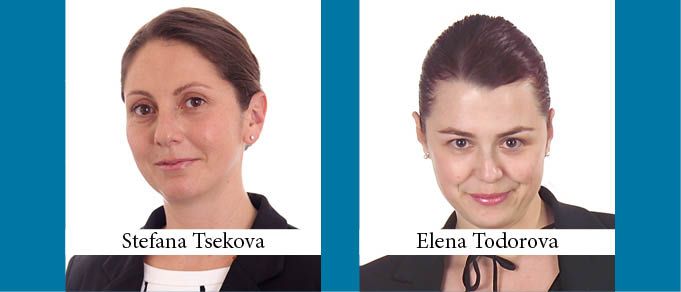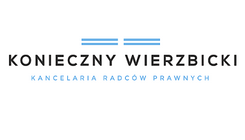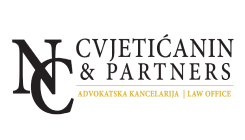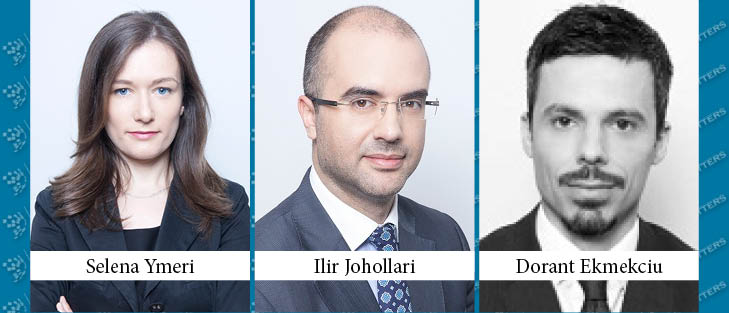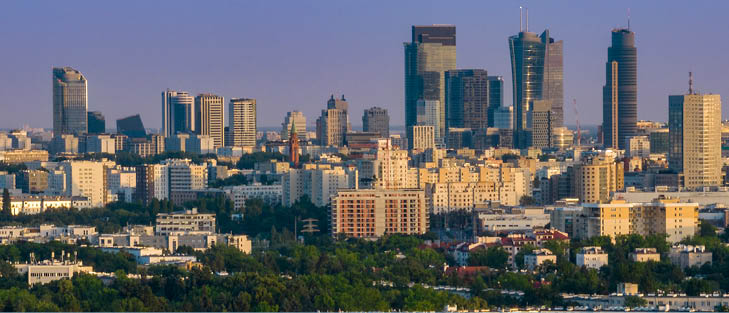Last year was a good one for the automotive industry in Bulgaria. According to information from the Automotive Cluster Bulgaria, a total of 12 projects worth more than EUR 500 million were in the process of implementation in late 2018 and early 2019. These projects are from companies like ETEM, Visteon, Leoni, Voss Automotive, Sensata, and Bosch; i.e. first-, second- and third-tier suppliers whose business is not solely tied to the automotive industry. According to the Cluster, the sector already covers more than 220 enterprises with a turnover of EUR 5 billion, which represents approximately 10% of Bulgaria’s GDP.
“The automotive industry is a priority high-tech sector for attracting foreign investments in Bulgaria,” said Deputy Minister of Economy Lachezar Borisov. According to him, 21 investment certificates were issued under the Bulgarian Investment Promotion Act; the total amount of the investments exceeded BGN 1 billion and resulted in 13,000 new jobs. Investors appreciate the country’s macroeconomic and financial stability, the low tax rates and tax incentives introduced in municipalities with high unemployment rates, and the lowest operating costs in the EU. Although an unfortunate amount of bureaucracy, insufficient infrastructure, and an imbalance between demand and supply on the labor market are often cited as the main challenges for the automotive industry, the state is working hard to remedy these negative aspects.
Positive Steps
First, in early 2018 and after eight months of tough work by experts in the Ministry of Health and the Ministry of Economy, the Bulgarian Parliament passed a legislative amendment that allowed the use of products containing 1.4-butanediol (BD) and Y-Butyrolactone (GBL) for industrial purposes after a notification to the Ministry of Economy.
BD and GBL are chemicals related to Gamma Hydroxybutyrate (also known as “liquid ecstasy”), but they are often used as industrial solvents for the synthesis of polymers and plastics needed for the automotive industry. Prior to the amendment, the use of products containing BD and GBL for industrial purposes was classified as a crime. This put several investments in the automotive industry in Bulgaria at risk, but the government man-aged to solve the problem with surprising efficiency, demonstrating its interest in developing this industry.
Second, in October 2018 the Bulgarian Parliament amended the Vocational Education Act to set forth the conditions for updating curricula to ensure the compliance of vocational education with the needs of business. The amendment introduces requirements for employers who can apply the dual educational system. It aims to provide conditions for quality education and workplace training with employers directly involved in the learning process.
According to the statistics of the Ministry of Education, about 10,263 young people between ninth and twelfth grades are currently being educated or trained in the field of automotive transport. This will ensure fresh labor forces for the sector.
Finally, following a global trend, Bulgaria took its first steps towards promoting the use of electric vehicles (“EVs”). The Ordinance for Planning and Designing the Communication and Transport Systems of Urbanized Areas (a secondary legislative act) requires a certain number of parking spaces for EVs. At least one in every ten parking spaces in newly constructed public service buildings with more than ten parking spaces should be equipped with a high-power charging point for EVs, while the rest can be furnished with normal power charging points. Additionally, in some of the biggest municipalities in Bulgaria, including Sofia, EVs that are fully electric can park free of charge in public zones otherwise determined for paid parking.
What to Expect in 2019?
The EU plans to allocate funds to Member States wishing to work on projects related to the production of elec-tric vehicle batteries. The largest European program for research and innovation – Horizon 2020 – offers EUR 200 million for projects related to battery production. There will also be EUR 800 million for demonstration facilities. Regions wishing to develop the battery industry can apply for financing of EUR 22 billion.
So far there is no major project to produce batteries for EVs in Bulgaria. Considering the available funding, lo-cal market observers expect that such a project may occur in 2019.
According to the Cluster, the growing share of high-tech companies testifies that Bulgaria is moving in the right direction in attracting automotive investments. The trend for increasing both investments and the number of employees will continue in 2019, allowing Bulgaria to move closer to the psychological limit of 300 automotive suppliers.
By Stefana Tsekova, Partner, and Elena Todorova, Attorney at Law, Schoenherr Sofia
This Article was originally published in Issue 6.2 of the CEE Legal Matters Magazine. If you would like to receive a hard copy of the magazine, you can subscribe here.

